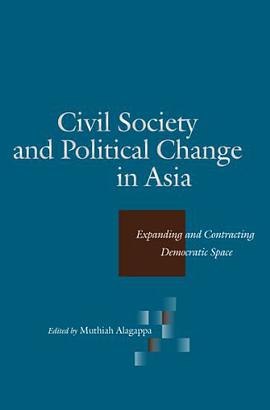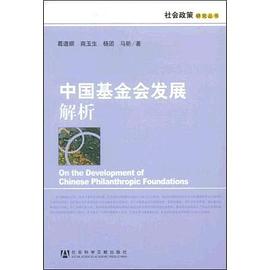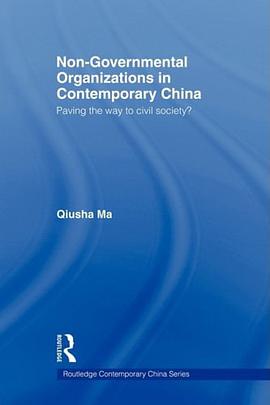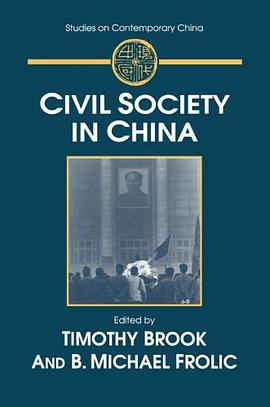Civil Society and Political Change in Asia 豆瓣
作者:
Alagappa, Muthiah (EDT)
Stanford University Press
2004
- 11
Review
“Civil Society and Political change in Asia not only constitutes a major contribution to the study of civil society in East Asia but also helps to blaze the trail for contributions to be made in the future.”—Perspectives on Politics
“This volume presents readers with an excellent opportunity to develop a deeper understanding of civil society and the challenges of creating a democratic space in Asia, thus addressing the serious gaps in the current literature....this expertly edited, theoretically rich, and analytically sophisticated book will make an important contribution to scholarly debates on civil society. It should be of considerable interest to scholars, policymakers, students, and development activists who are keen on gaining a deeper understanding of civil society, democracy, and development.”—Journal of Asian Studies
Product Description
This book is the first comprehensive, systematic investigation of the connection between civil society and political change in Asia—change toward open, participatory, and accountable politics. Its findings suggest that the link between a vibrant civil society and democracy is indeterminate: certain types of civil society organizations support democracy, but others have the potential to undermine it.
Further, the study argues that while civil society is a key factor in political change, democratic transition and consolidation hinge on the development of effective political parties, legislatures, and state institutions. Rooted in a common definition of civil society, a strong analytical framework, and rich empirical material, the analyses and conclusions of the book will have a lasting impact on the understanding of civil society and its relation to democracy in Asia and around the world.
“Civil Society and Political change in Asia not only constitutes a major contribution to the study of civil society in East Asia but also helps to blaze the trail for contributions to be made in the future.”—Perspectives on Politics
“This volume presents readers with an excellent opportunity to develop a deeper understanding of civil society and the challenges of creating a democratic space in Asia, thus addressing the serious gaps in the current literature....this expertly edited, theoretically rich, and analytically sophisticated book will make an important contribution to scholarly debates on civil society. It should be of considerable interest to scholars, policymakers, students, and development activists who are keen on gaining a deeper understanding of civil society, democracy, and development.”—Journal of Asian Studies
Product Description
This book is the first comprehensive, systematic investigation of the connection between civil society and political change in Asia—change toward open, participatory, and accountable politics. Its findings suggest that the link between a vibrant civil society and democracy is indeterminate: certain types of civil society organizations support democracy, but others have the potential to undermine it.
Further, the study argues that while civil society is a key factor in political change, democratic transition and consolidation hinge on the development of effective political parties, legislatures, and state institutions. Rooted in a common definition of civil society, a strong analytical framework, and rich empirical material, the analyses and conclusions of the book will have a lasting impact on the understanding of civil society and its relation to democracy in Asia and around the world.







